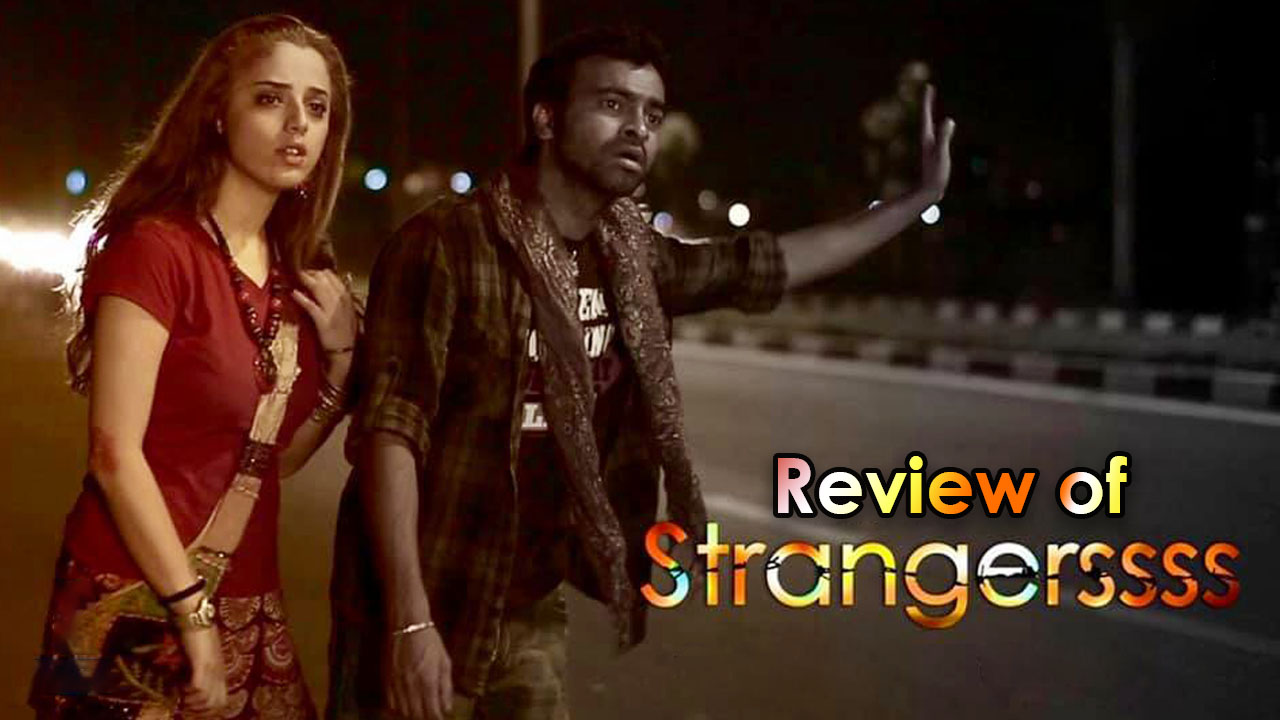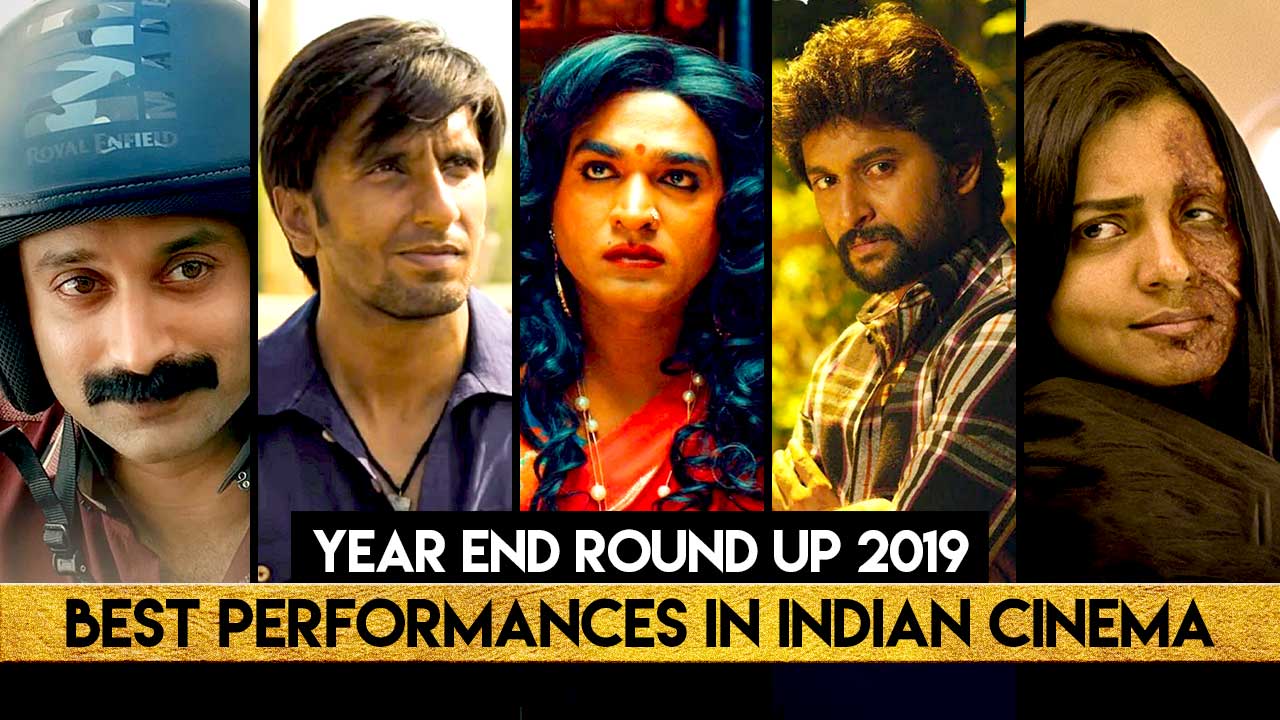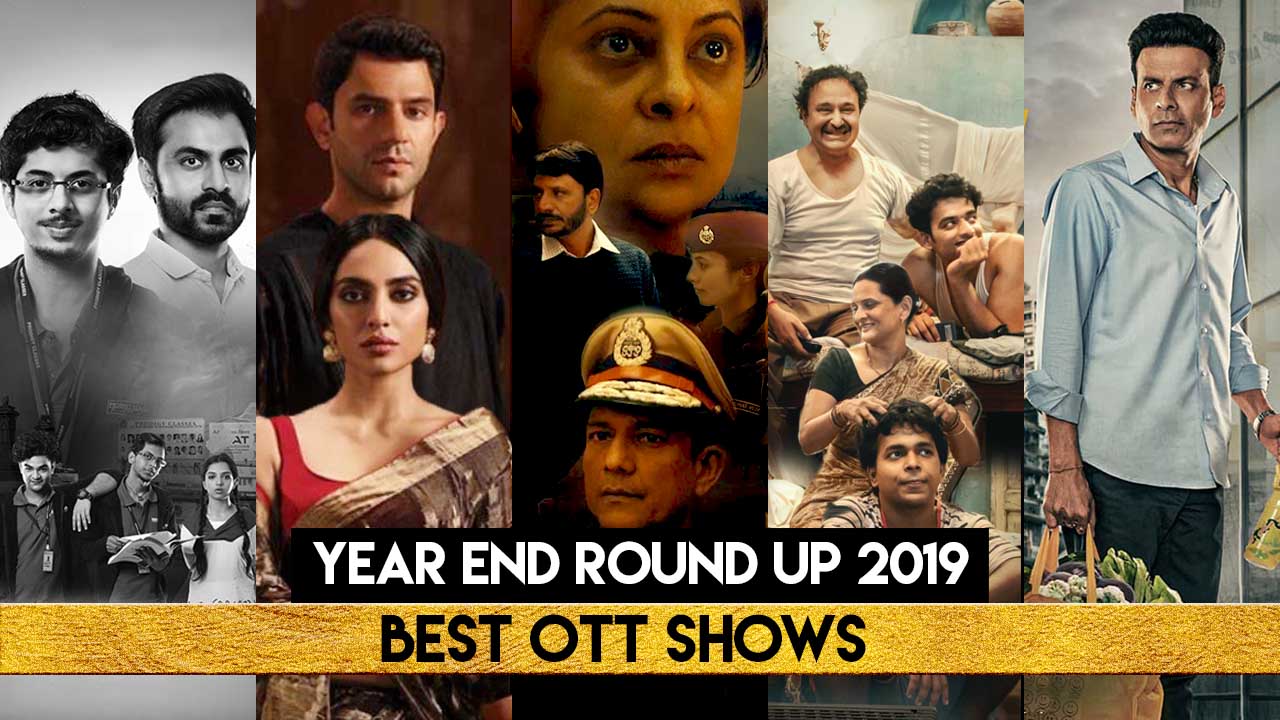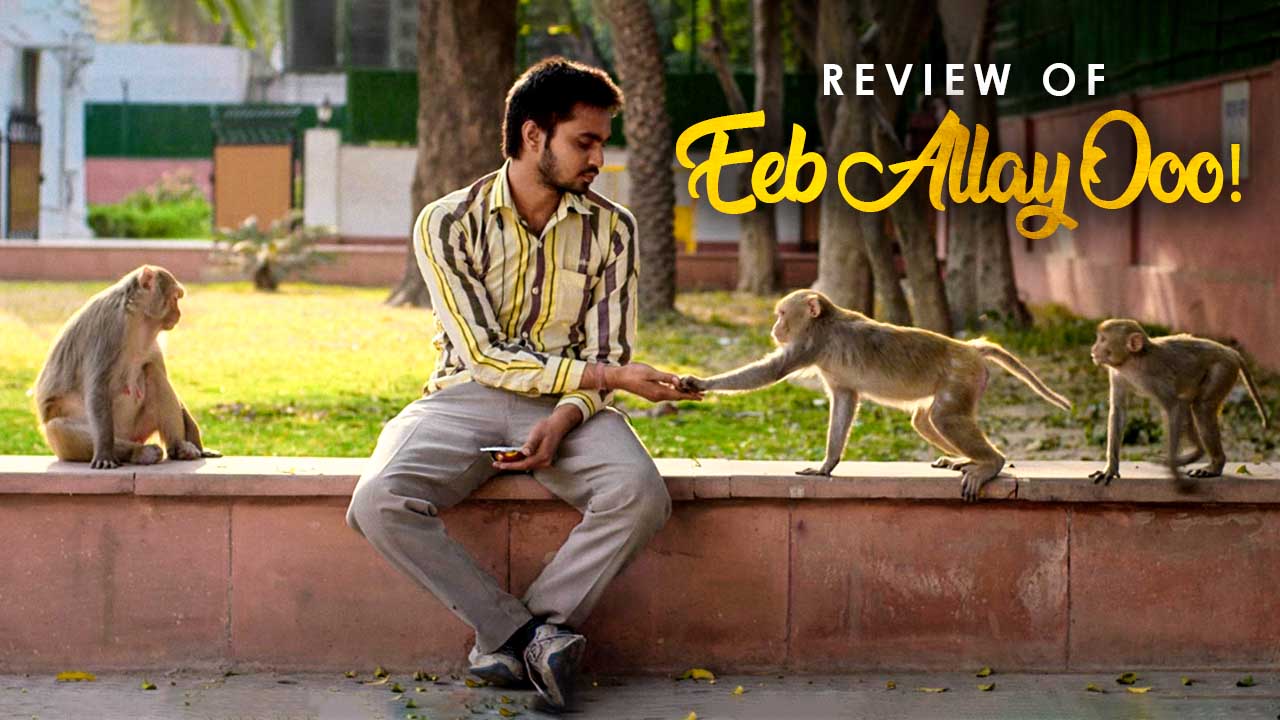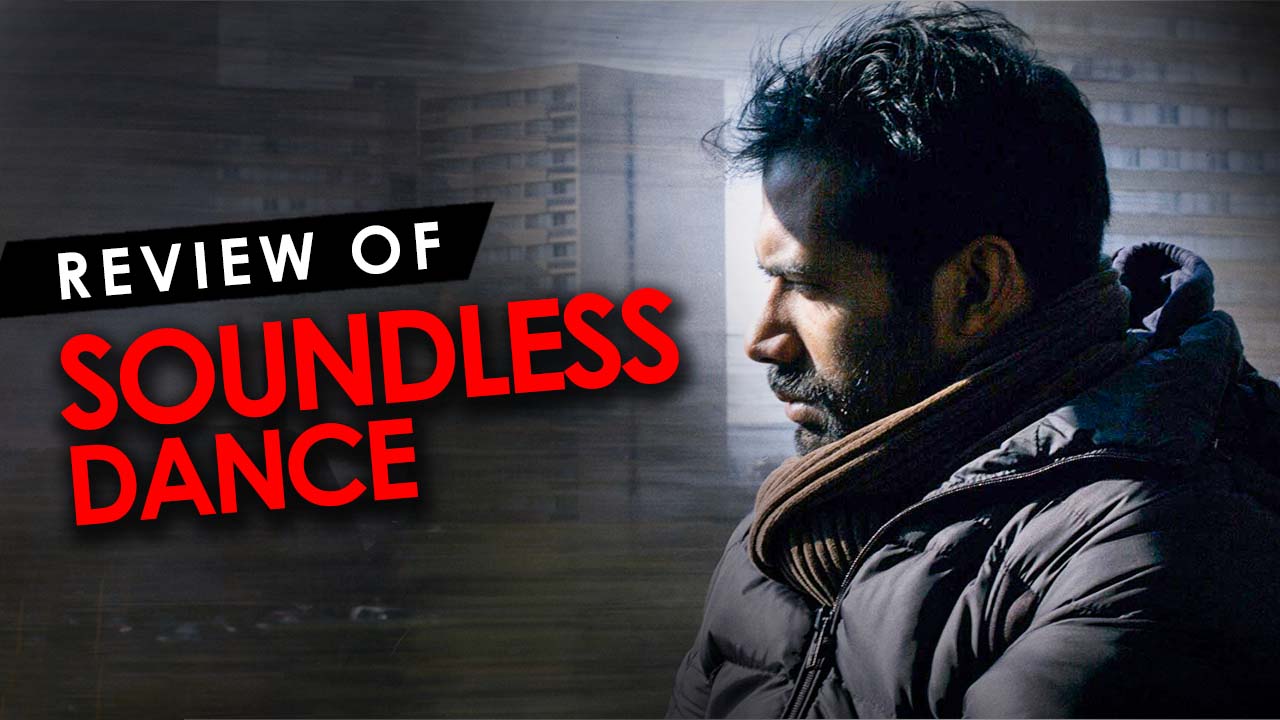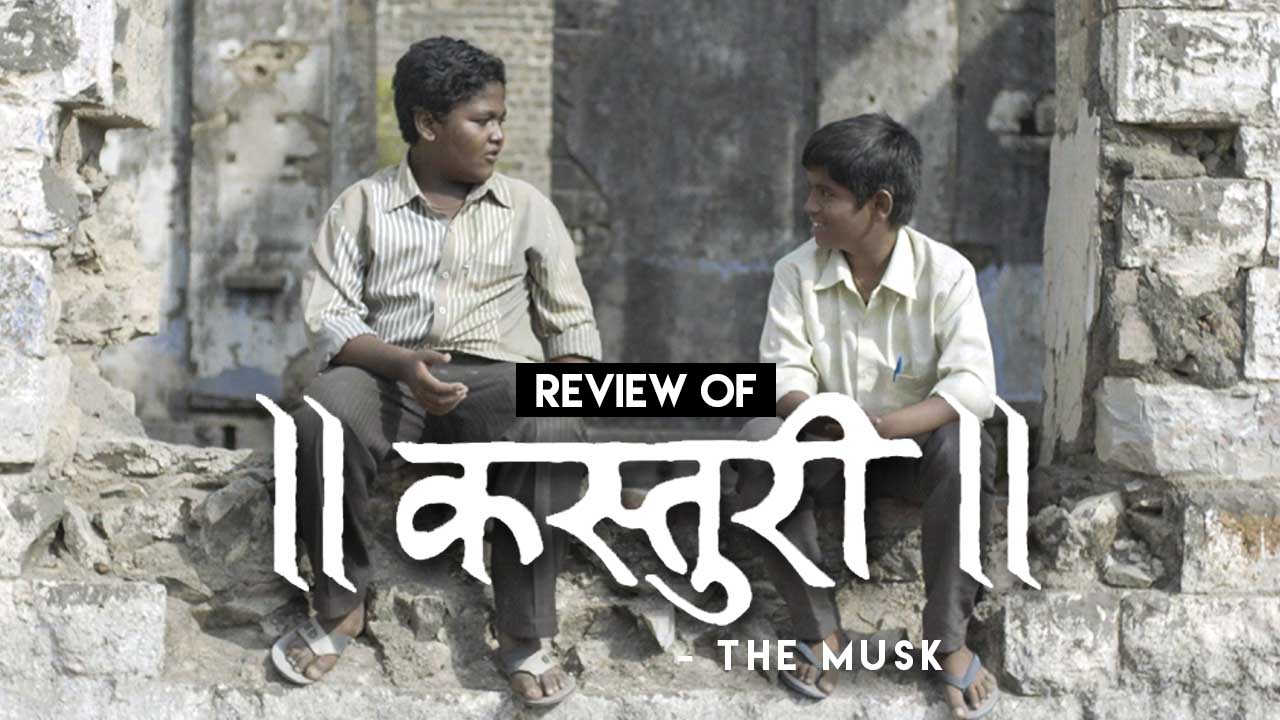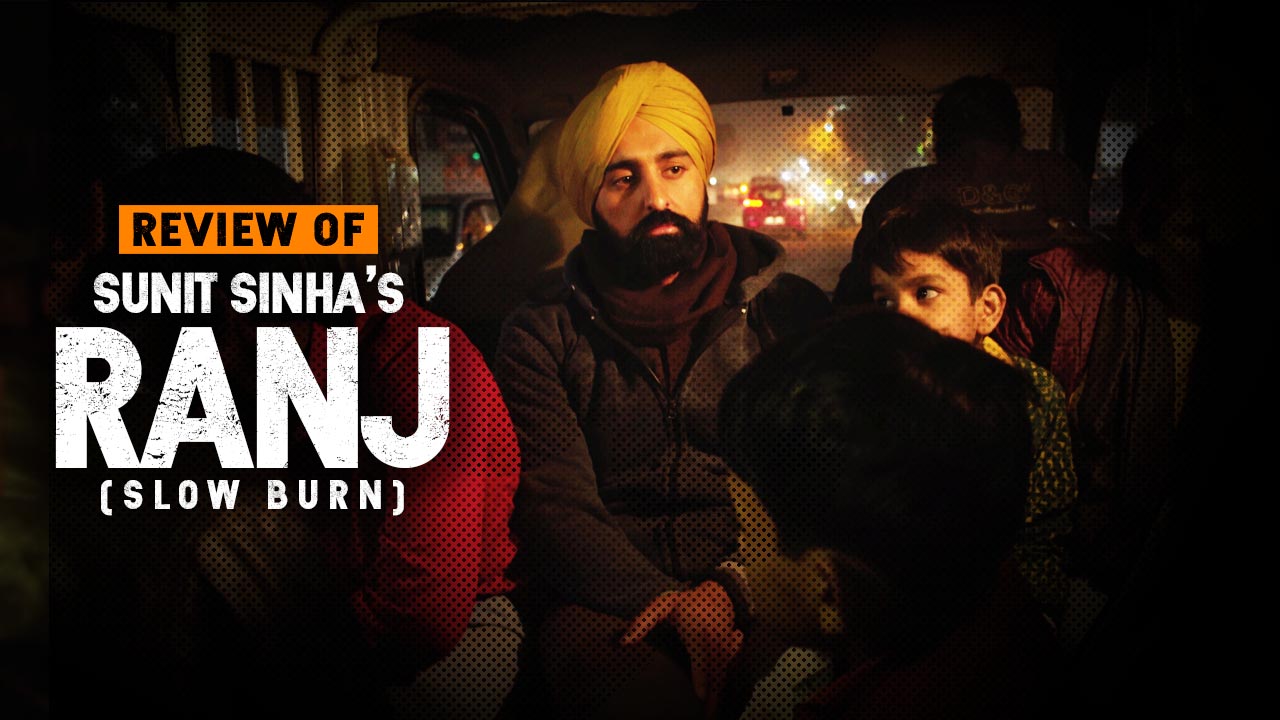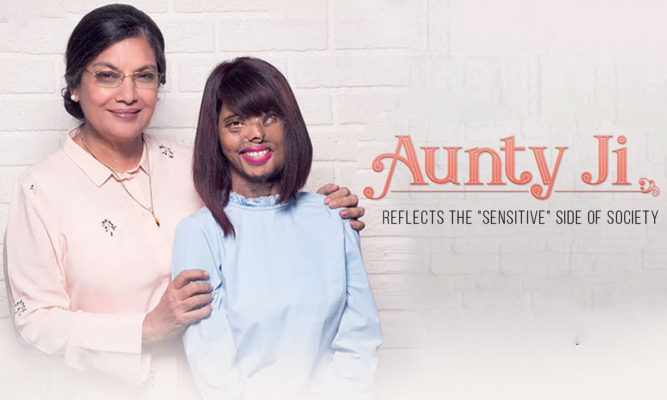
I am not a victim, I am a survivor. The man who attacked me will cover his face, I won’t – Lakshmi Agarwal
This one quote by Lakshmi Agarwal, an acid attack survivor and activist, sums up the plight of all acid attack victims in India. Since the beginning of this decade, India has seen an escalating number of acid attack cases. Cases were being reported from all the corners of India, especially northern India. The rampant throw of acid on to the faces of innocent girls and women has literally ravaged India, leaving the girls (which is true of most of these cases) not only scarred externally but absolutely shattered from the inside. Now, as one might note, most of these cases have gendered aspects to them, which is why innumerable cases go unreported – much like sexual molestation cases.
It is needless to say that many of the acid attack victims succumb to their injuries and pathetic burns during the treatment itself. But, what happens to those who evolve out of the tortuous healing process? Do we, as sincere citizens, count the acid attack victims as a part of us? Now in a country like India, where “fairness creams” are the highest-selling products and contribute a lot towards the national economy, it is quite obvious that we are habituated to treat people – especially women – on face-value.
Amid such competition to look beautiful from the outside, what stand do these acid attack victims have to take to live their lives uprightly and honestly? Are we, the modern urban youth, educated enough to not make them feel ostracized? Sorry, but the answer is NO.
Sure, when it comes to showcasing our angst against the raging incidents of acid attacks, we walk barefooted with placards. When it comes to criticizing the establishments, we come prepared with our lectures. However, when it comes to dutifully oblige to our core responsibility as human beings to help these acid attack victims assimilate into the society once again, we back off. After all, FACE matters. The plight of an acid attack victim in our country after treatment is shown beautifully (and truthfully) in the recently released short film ‘Auntyji’.
“Auntyji” Shows How The Acid Attack Survivors Are Ostracized On A Daily Basis
Since the beginning of this decade, when horrific cases of acid attacks started coming out into the front, many TV shows, series and even short films were made on the subject. All of them tried to highlight the gruesomeness of the ordeal, invoking the citizens of the nation to rise up against the issue. It was a fair call from the film and series makers, and we cannot be thankful enough to them for taking up such bold subjects and making people socially aware of the reality.
However, what happens to the victims after they have recuperated from the burns and injuries? Is their path, to assimilate into the crowd, easy? Are we – the responsible citizens of the nation – able to hug them back to the “society” without any prejudice whatsoever? The new short film named ‘Auntyji’ explains this scenario pretty well.
Helmed by Adeeb Rais, ‘Auntyji’ features thespian Shabana Azmi as a good-hearted Parsi widow and Anmol Rodriguez as a girl, who is constantly trying to fit-in in a world of caricatures. As many might be unaware, Anmol Rodriguez is an acid attack victim, and bringing her to play a character she intrinsically is has been indeed a commendable move.
The film narrates a simple story of two outcasts – a widow in her 60’s, who is constantly bugged by her son of following the “norm” instead of her heart to abide by the invisible regulations laid down by the society. On the other hand is Anmol, a sweet, 20-something girl, who has kept her past aside and wants to shine on her new job as an intern solely based on her capabilities and talent.
However, from the first time she steps into a medical store for getting a Rs 2000-change, and the way a mother accusingly looks up at her and covers her child from facing her, we know life will not be easy for her. Even at work, she has to oscillate between being pitied and being judged. From being inquired about her “face” constantly and being envied upon for excelling in her work by colleagues, who think it is just as a pity on the part of the boss, to being laughed over for coming out with creative campaign for beauty products (which “of course” cannot make her look “beautiful”), the film casually brings to the forefront how an acid victim constantly gets ostracized from the society despite being a “victim” and not the perpetrator of any crime.

The way Anmol’s boss plans to make her the poster-girl for the advertising agency and capitalize on her past without even asking for her permission shows the trauma that the acid attack victims have to live with – life becomes a constant battle against all odds to prove her integrity and talent.
The society and its obsession with external beauty are nicely portrayed in the film sans any melodrama or unnecessary bragging. It is perhaps the simplicity of this film – more like a fragment of the two principal actors’ life – that attracts the attention of one and all.
Contrasting Anmol’s character is Auntyji, who is full-of-life and does not get deterred by whatever her son has to say against her so-called frivolous desires, that apparently don’t appreciate the elderly norms. Her sweetness and defiant energy come become embalming to Anmol’s depressed and disheartened soul. But, the question remains, will it be equally easy for Anmol to carry about her own work amid such an adverse surrounding as it is easy for Auntyji to say these words?
Reality Hurts – Lakshmi Agarwal’s Life Is A Testimony To This Fact
The fact that ‘Auntyji’ is much more than just a story – that it highlights the pathetic post-treatment condition of acid attack survivors in our country truthfully – can be well understood when compared with the life of Lakshmi Agarwal, India’s poster girl for acid attack victims.
Despite undergoing so much harassment, a gruesome acid attack, and unimaginable pain, she stood up for all the acid attack victims through her NGO Chhanv Foundation. A revolutionary figure and an epitome of the modern Indian woman, Lakshmi has also received numerous awards and accolades for her humanitarian work.
Her long list of awards includes the International Courage of Women Award, which she received in 2014 from the then US First Lady Michelle Obama. She also walked at various international fashion shows, which tried to bring the cause of acid attack victims from across the world to the forefront. She has a daughter with her partner Alok Dixit, named Pihu.
Just when you thought that life was perfect for her, you stumble across a news headline reading the lady is now on the verge of being homeless. Honestly, humanitarian work in India does not bring enough money – and to raise a child with that amount along with having to pay bills to become extremely difficult. In a recent interview, she also mentioned the difficulty she is facing to get her child admitted to even a government school.

Now, this brings us to another important juncture: while we celebrate sportsmen and other celebrities by spending a lot of money over them, when it comes to celebrating women (or even men, who are victims of their circumstances and yet have stood up and made a change in the world), we fall extremely short of providing proper credit to them.
Awards are nice but they are just fancies. Instead, it would be better if we can go beyond face values and accept people just as they are without passing any judgement. It is then that our society will be able to give everyone their due credits and make the atmosphere healthy and happy in the truest sense of the terms.



